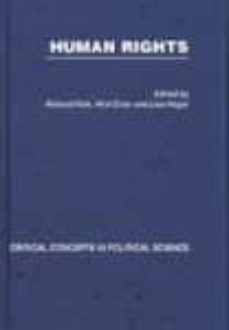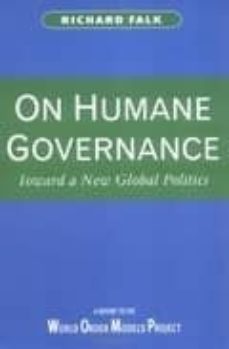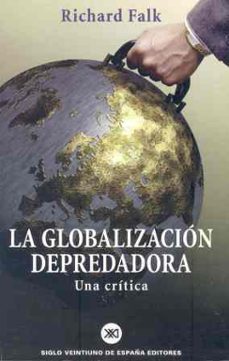Imprescindibles
Ficción
No Ficción
Ciencias y tecnología Biología Ciencias Ciencias naturales Divulgación científica Informática Ingeniería Matemáticas Medicina Salud y dietas Filología Biblioteconomía Estudios filológicos Estudios lingüísticos Estudios literarios Historia y crítica de la Literatura
Humanidades Autoayuda y espiritualidad Ciencias humanas Derecho Economía y Empresa Psicología y Pedagogía Filosofía Sociología Historia Arqueología Biografías Historia de España Historia Universal Historia por países
Infantil
Juvenil
#Jóvenes lectores Narrativa juvenil Clásicos adaptados Libros Wattpad Libros Booktok Libros de influencers Libros de Youtubers Libros Spicy Juveniles Libros LGTBIQ+ Temas sociales Libros ciencia ficción Libros de acción y aventura Cómic y manga juvenil Cómic juvenil Manga Shonen Manga Shojo Autores destacados Jennifer L. Armentrout Eloy Moreno Nerea Llanes Hannah Nicole Maehrer
Libros de fantasía Cozy Fantasy Dark academia Hadas y Fae Romantasy Royal Fantasy Urban Fantasy Vampiros y hombres lobo Otros Misterio y terror Cozy mistery Policiaca Spooky Terror Thriller y suspense Otros
Libros románticos y de amor Dark Romance Clean Romance Cowboy Romance Mafia y amor Romance dramatico Romcom libros Sport Romance Otros Clichés Enemies to Lovers Friends to Lovers Hermanastros Slow Burn Fake Dating Triángulo amoroso
Cómic y manga
Novela gráfica Novela gráfica americana Novela gráfica europea Novela gráfica de otros países Personajes, series y sagas Series y sagas Star Wars Superhéroes Cómics DC Cómics Marvel Cómics otros superhéroes Cómics Valiant
eBooks
Literatura Contemporánea Narrativa fantástica Novela de ciencia ficción Novela de terror Novela histórica Novela negra Novela romántica y erótica Juvenil Más de 13 años Más de 15 años Infantil eBooks infantiles
Humanidades Autoayuda y espiritualidad Ciencias humanas Economía y Empresa Psicología y Pedagogía Filosofía Historia Historia de España Historia Universal Arte Cine Música Historia del arte
Ciencia y tecnología Ciencias naturales Divulgación científica Medicina Salud y dietas Filología Estudios lingüísticos Estudios literarios Historia y crítica de la Literatura Estilo de vida Cocina Guías de viaje Ocio y deportes
RICHARD FALK
Recibe novedades de RICHARD FALK directamente en tu email
Filtros
Del 1 al 4 de 4
RICHARD FALK, HILAL (ED) ELVER y LISA (ED.) HAJJAR
ROUTLEDGE 9780415312479
One of the most notable advances of the last half century was the development of international human rights norms and procedures, with some degree of institutionalization within the United Nations. Human rights, perhaps as much as any topic of global significance, has reflected the influence of transnational civic associations, which have pushed governments and international institutions to take the subject seriously. Moreover, the complex pattern of the evolution of human rights reflects the unevenness of economic development, political outlook and civilizational values around the world. Reflecting the importance of this fascinating area, this collection brings together representative selections of the best writing on the main dimensions of human rights.
Ver más
Tapa dura
INTELINK BOOKS 9781566565523
Tapa blanda
POLITY PRESS 9780745612287
This book contends that the forces of late modernity are trapped between a capital-driven globalization and a territorially rooted revival of tribalism and ultra-nationalism. Its critical focus is on global structures that are producing new patterns of North/South and rich/poor domination, as well as exerting dangerous pressures on the carrying capacities of the planet. The volume argues that any hopeful response to these threatening developments requires the fundamental revision of such basic ideas as sovereignty, democracy and security. These organizing conceptions of political life are being reshaped during this era of transition from a state-centric world of geopolitics to a more centrally guided world of geogovernance. This book contends that geogovernance will have adverse consequences for the human condition unless it can be mainly constructed by transnational democratic forces animated by a vision of human governance. The character of this vision, and the politics of its realization, are set forth in the final chapters. On Humane Governance: Toward a New Global Politics has been compiled as a report for the World Order Models Project (WOMP).
Ver más
Tapa blanda
SIGLO XXI 9788432310768
Las páginas de esta obra defienden la idea de que el destino de la humanidad depende en gran medida del modo en que se vaya a desarrollar el papel que jugará el Estado en los próximos
Ver más
Tapa blanda
Del 1 al 4 de 4

![harry potter y el cáliz de fuego (harry potter [ediciones ilustra das interactivas] 4)-j.k. rowling-9788419868497](https://imagessl7.casadellibro.com/a/l/s5/97/9788419868497.webp)

























